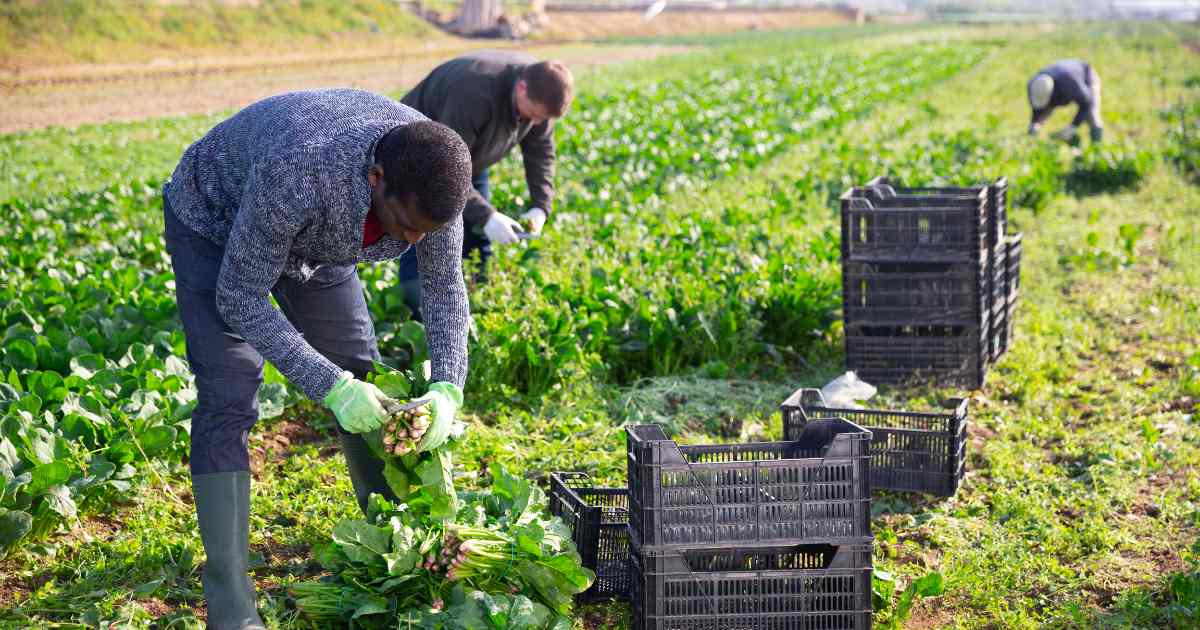He claimed that the Conservatives would be swept away on a wave of disdain for the political establishment and were “on the verge of total collapse.” “Millions of people”, he said, would feel let down if he didn’t “lead from the front”.
Farage said that a rise in immigration over the past decades of Conservative and Labour government had caused housing problems and a decline in living standards.
UK Prime Minister Rishi Sunak, said he was not worried about Farage standing as an MP.Credit: Bloomberg
“The population explosion has devalued the life of Britons in the most extraordinary way,” he said.
Before taking questions from the media, he finished his speech by alluding to the successful Brexit referendum he had long campaigned for: “I tell you what, I’ve done it before, I’ll do it again. I’ll surprise everybody… We are going to be the voice of opposition.”
Although most polls forecast that Reform will not win any seats, it is expected to take Tory votes in a way that benefits Labour or the Liberal Democrats.
It will be Farage’s eighth tilt at trying to win a seat in the House of Commons having first tried in 1994 at the Eastleigh byelection, although he was a member of the European Parliament for two decades before Britain quit the European Union.
He most recently stood in South Thanet in 2015 where he earned 32.4 per cent of the vote, finishing second to the Conservatives.
He insisted that, even if he was elected as MP, he would still spend time in America supporting Trump in the US election.
“I said I would do my bit in the general election campaign and then spend more time in America,” he told GB News.
Loading
“Clearly, if I’m elected for Clacton, I will not be able to spend the amount of time in America that I previously would, but I still will.”
Speaking earlier on Monday, Sunak – under significant pressure, with his party trailing badly in opinion polls and after a gaffe-prone start to the campaign – said he was not worried about Farage standing as an MP.
“At the end of the day on 5 July, one of two people will be prime minister, either Keir Starmer or me,” he said.
Both Sunak and Farage have ruled out a pact in the election, preventing a repeat of 2019 where Reform decided to stand down candidates in Tory-held seats and helped Boris Johnson deliver an 80-seat majority for the Conservatives.




















Discussion about this post